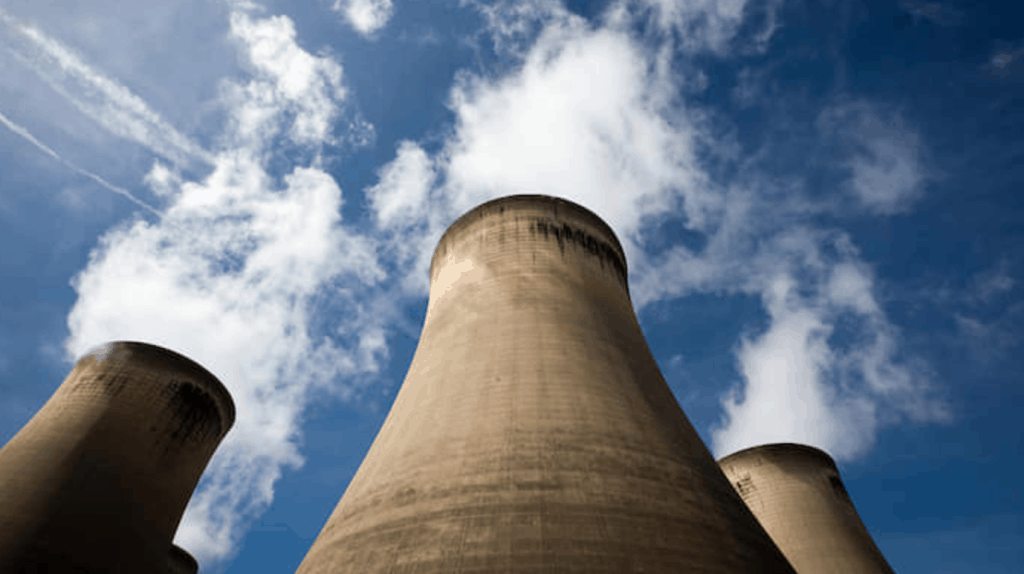In the UK, it’s been reported that a ban on all petrol, diesel and hybrid cars could now happen in 2035. The government have bought forwards the proposed ban from 2040, which now also includes a ban on hybrids. The current plan in place is to ban the sale of fossil fuel vehicles by 2040.

Places such as Denmark, Ireland, the Netherlands and Sweden have more ambitious plans in place to make the ban in force by 2030.
The Plan – “Subject to Consultation””
The plan to bring the ban forwards to 2035 in the UK is subject to consultation only at this stage, and only “if a faster transition was possible”. Although some in the government have called the ban to be moved even closer to 2030 at the latest.
Despite fossil fuels being talked about lots recently in the production of petrol and diesel, there are other areas we need to take note of…..
The use of fossil fuels in other areas:
On a global basis, the use of fossil fuels is actually increasing. This is mainly down to economic growth in developing countries. Coal is producing more power than hydro, nuclear and renewables combined. While the developed world is moving away from coal, developing countries place a positive emphasis on this fossil fuel. Coal is not the cheapest form of energy, but it’s easy to transport in countries, which have limited infrastructure, it’s easy to transport by rail, ship and truck. It’s relatively simple to build a coal power plant and operate it.
Despite renewable energy such as wind, solar and nuclear, carbon-free sources accounted for just one-third of the world’s new energy in 2018, which indicates that fossil fuels remain firmly dominant.
41% of the worlds electricity is currently fueled by coal, and this figure is set to remain about the same for the next 30 years.
As it stands the world still greatly relies on coal. This must change, but it probably won’t anytime soon. The great efforts made by some countries are being hampered somewhat but other countries and their use of coal.








